With such a great choice of places to stay, you will find plenty of cottages in Dorset to choose from in a range of styles and sizes, and for all budgets; from cheap to the luxury end of the market. Renting a cottage is a far cheaper option than a hotel with the bonus of more flexibility. Indeed a holiday cottage is a great choice for all the family. In addition if you have any four legged members of the family you would like to bring on holiday there are no shortage of dog friendly cottages in Dorset.
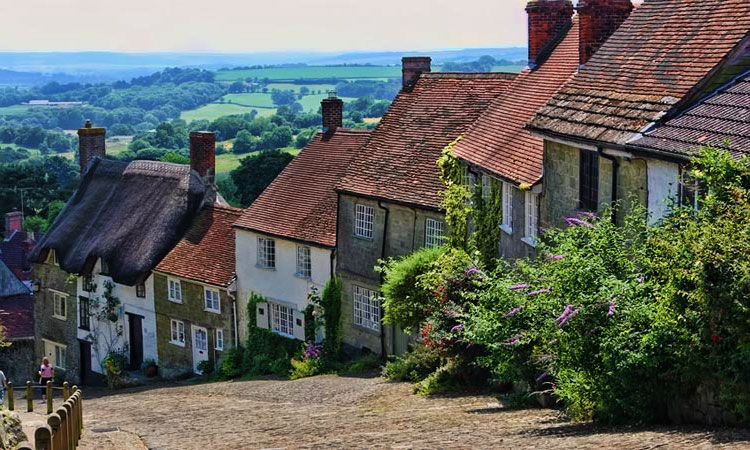
Self catering provides a home from home feel with all the benefits of holidaying in beautiful Dorset. We think it is the best form of accommodation in Dorset as it gives you the perfect base from which to explore the local area, plus it's a great place to return after a day's adventures for a quiet, cosy night in. From contemporary barn conversions to traditional thatched cottages, there's a great range of holiday cottages to stay in. However, they all have one thing in common; beautiful locations so you can take advantage of all Dorset has to offer.
If you are a couple looking for a romantic break you'll find plenty of cottages in picture postcard rural villages or by the coast. You can take long walks in the countryside, enjoy some traditional pub grub and then curl up in front of an open fire when you get back. Or maybe even a dip in a hot tub!
For families and big groups there are many large holiday cottages with plenty of rooms and all the space you need whatever the size of your party. Known for its great coastline, families will love the choice of accommodation to rent close to the many secluded coves and sandy beaches, while water sports enthusiasts will enjoy taking advantage of all the activities on offer.
You'll find self catering accommodation throughout Dorset including Purbeck, the seaside towns of Weymouth and Lyme Regis, and along the Jurassic Coast, all offering stunning surroundings and with all the amenities on offer, whether it's exploring the countryside, taking coastal walks or trying out the world famous surfing. So, whether it's a short break or a summer holiday, Dorset is a wonderful destination for the whole family.
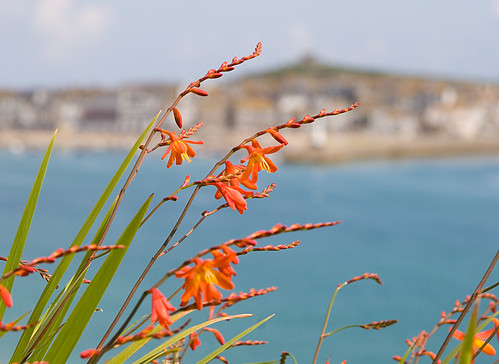
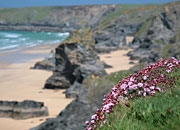 As one of the UK's most popular tourist destinations Cornwall has a flourishing tourist industry providing plenty of accommodation options. Regardless of your budget , Cornwall offers a wonderful range of
As one of the UK's most popular tourist destinations Cornwall has a flourishing tourist industry providing plenty of accommodation options. Regardless of your budget , Cornwall offers a wonderful range of 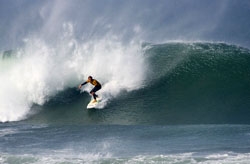 The
The 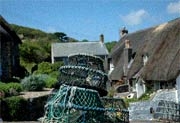 Also on the coast are some of Cornwall's picture postcard fishing villages and harbours like
Also on the coast are some of Cornwall's picture postcard fishing villages and harbours like 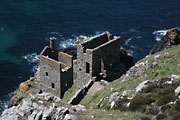 Penzance is one of Cornwall's largest towns and has a good range of
Penzance is one of Cornwall's largest towns and has a good range of 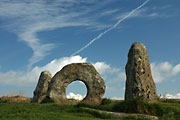 Cornwall's ancient past is written all over the moorland countryside of Bodmin Moor and West Cornwall which are littered with ancient sites such as standing stone and stone circles. Other ruins that abound are the remenants of the mining industry, in many places these share the same sites the ancients chose to build on and add to the sense of history.
Cornwall's ancient past is written all over the moorland countryside of Bodmin Moor and West Cornwall which are littered with ancient sites such as standing stone and stone circles. Other ruins that abound are the remenants of the mining industry, in many places these share the same sites the ancients chose to build on and add to the sense of history.